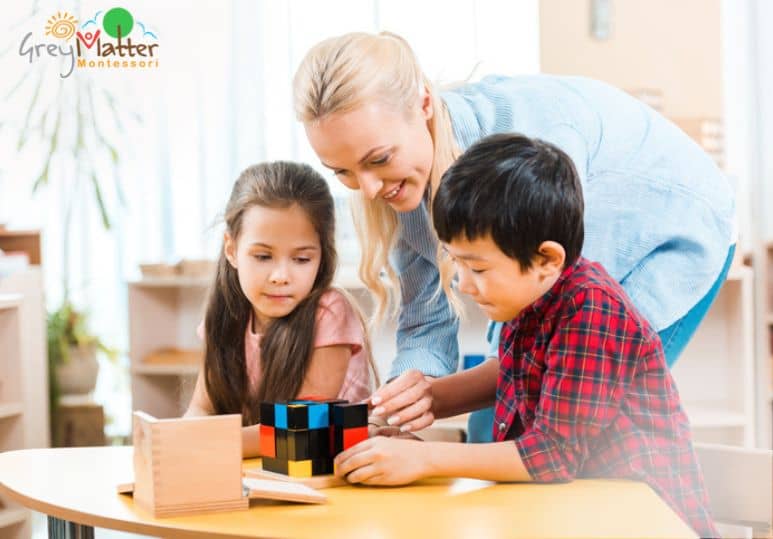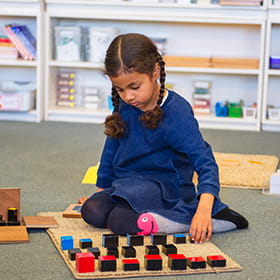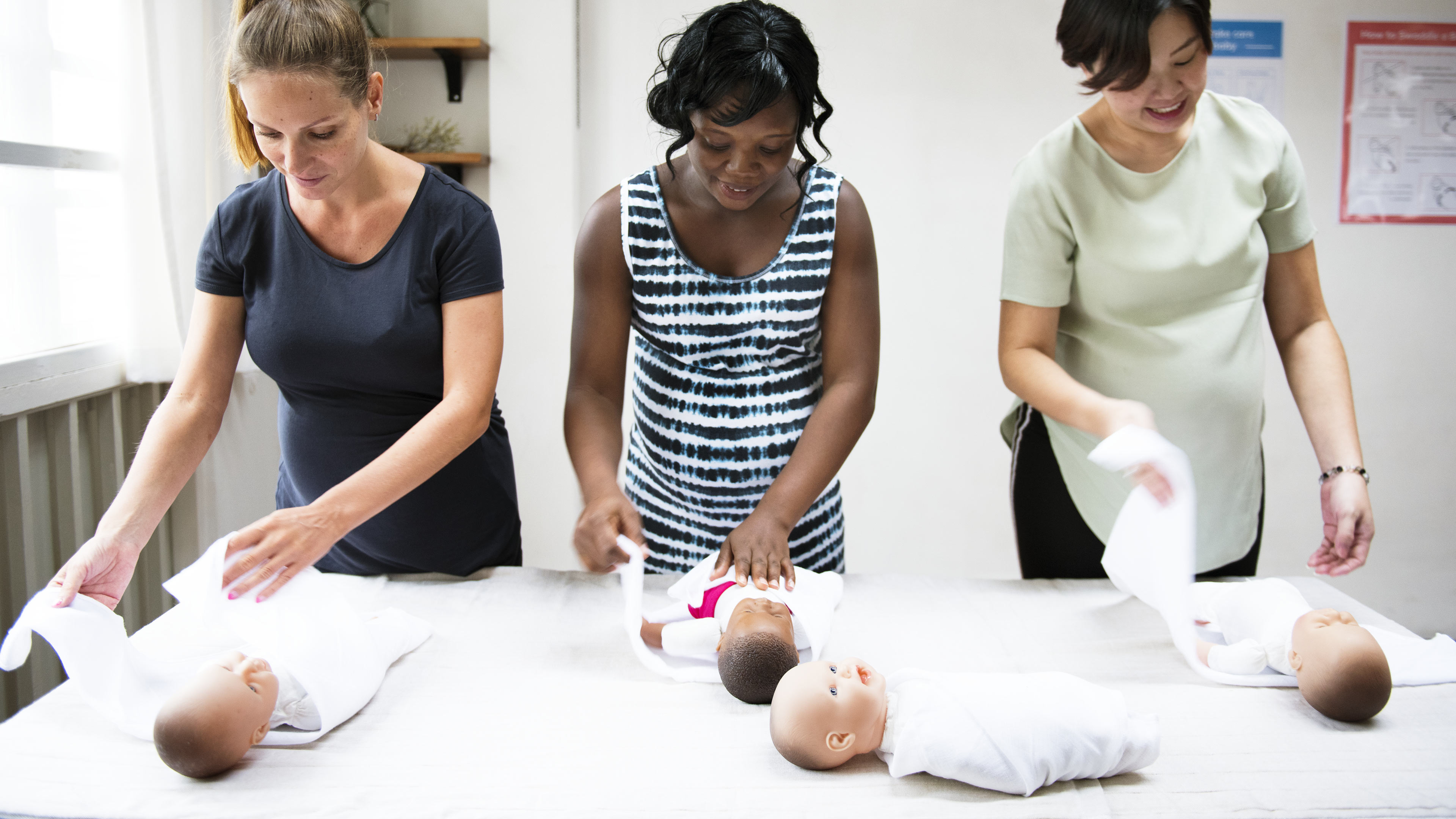
Fostering Lifelong Success: The Role of Montessori Social Skills
Montessori education is renowned for its holistic approach, emphasizing not only academic development but also the cultivation of essential life skills. Central to this philosophy is the nurturing of Montessori social skills, which play a pivotal role in shaping a child’s ability to navigate the complexities of social interactions and relationships.
Montessori Philosophy: A Foundation for Social Growth
At the heart of Montessori social skills is the philosophy that values the development of the whole child. In a Montessori environment, children are encouraged to explore, collaborate, and engage with their surroundings. This fosters a sense of independence, responsibility, and respect for others – foundational elements that contribute to the development of robust social skills.
Hands-On Learning for Social Interaction
Montessori education places a strong emphasis on hands-on learning experiences, creating opportunities for children to engage in purposeful activities. Through group projects, collaborative play, and shared responsibilities, children learn to communicate, cooperate, and negotiate with their peers. These experiences form the building blocks of effective social skills, setting the stage for positive social interactions.
Freedom within Limits: Nurturing Social Responsibility
The Montessori principle of “freedom within limits” empowers children to make choices while understanding the consequences of their actions. This concept extends to social interactions, where children learn to express themselves within the boundaries of respect and consideration for others. Montessori social skills, therefore, go hand in hand with the development of social responsibility and empathy.
Mixed-Age Classrooms: A Social Microcosm
Montessori classrooms typically have mixed-age groups, creating a microcosm that mirrors the diversity of the real world. This dynamic structure encourages older children to mentor younger ones, fostering a sense of community and cooperation. The interactions in these mixed-age settings contribute significantly to the development of social skills, as children learn from each other through observation and collaboration.
Conflict Resolution: A Skill for Life
In Montessori education, conflict is viewed as an opportunity for growth rather than a problem to be avoided. Children are taught constructive ways to resolve conflicts, emphasizing effective communication and compromise. These early lessons in conflict resolution become integral components of Montessori social skills, preparing children to navigate interpersonal challenges throughout their lives.
Respect for Individual Differences
Montessori social skills are rooted in diversity. Children are taught to respect and celebrate the individual differences among their peers. This inclusive approach creates an environment where each child feels valued, fostering a sense of belonging and reinforcing the importance of empathy and understanding in social interactions.
Practical Life Activities: Foundations of Independence
Practical life activities are a cornerstone of Montessori education, encompassing tasks that promote independence and self-sufficiency. These activities, such as pouring, buttoning, and tying, not only enhance fine motor skills but also instill a sense of personal responsibility. As children master these tasks, they gain confidence in their abilities, positively impacting their social interactions.
Montessori Social Skills in Everyday Life
The cultivation of Montessori social skills extends beyond the classroom into everyday life. Parents and caregivers play a crucial role in reinforcing these skills at home, creating a seamless integration between the Montessori principles learned in the classroom and the child’s social experiences in other settings.
Montessori Social Skills for a Bright Future
In conclusion, Montessori social skills are an integral aspect of the holistic education that Montessori philosophy offers. By focusing on independence, collaboration, conflict resolution, and respect for others, Montessori education equips children with the social skills needed for success in their academic journey and, more importantly, in life. To delve deeper into the world of Montessori social skills, explore igaseng.com for valuable insights and resources.





